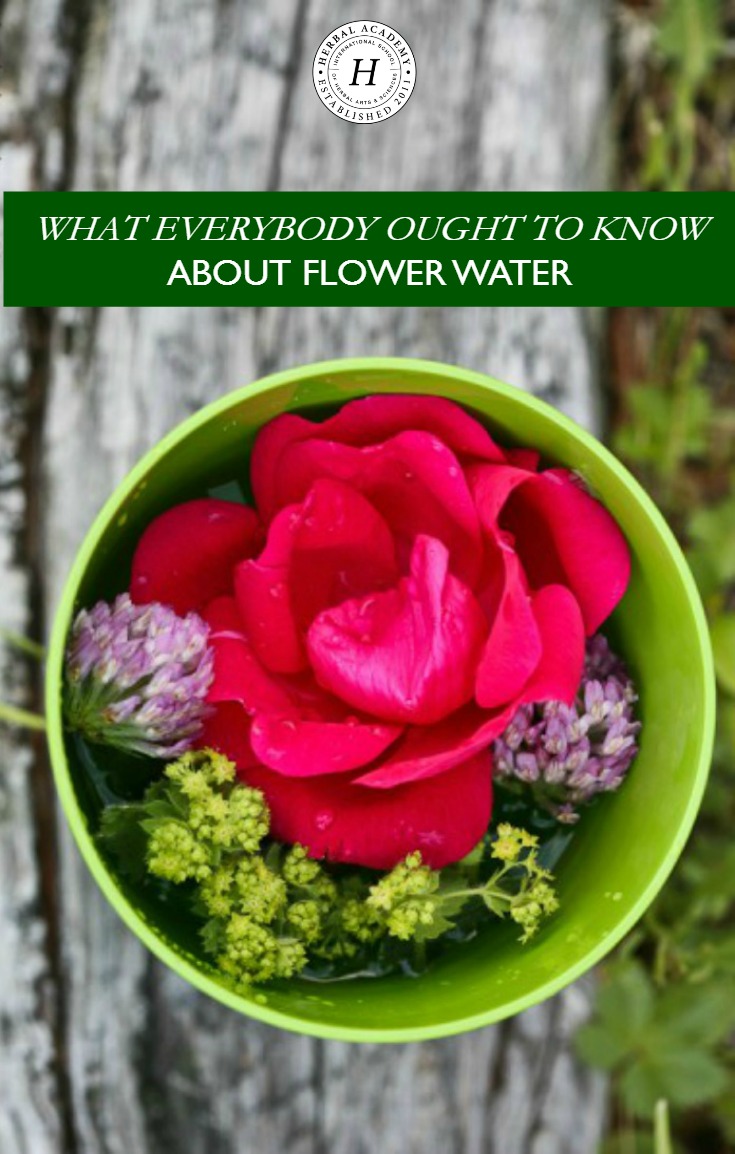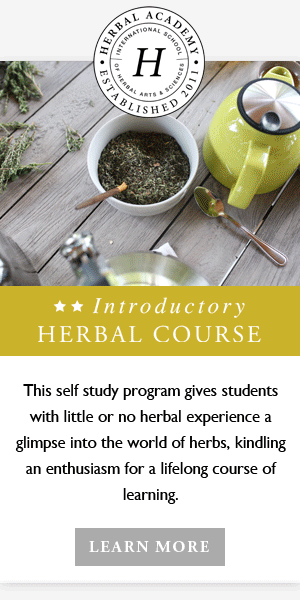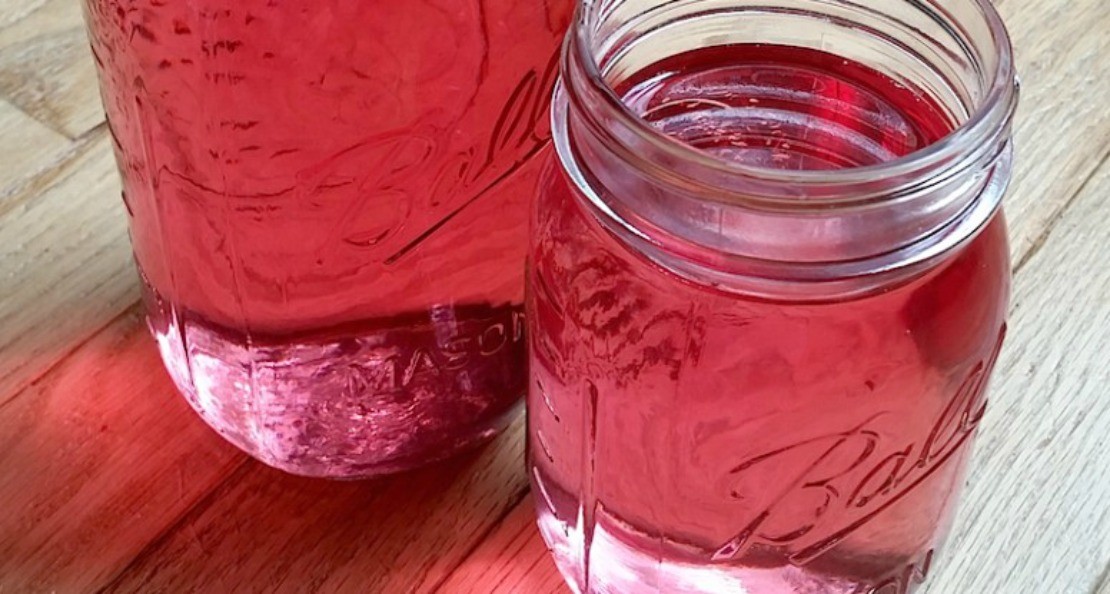
What Everybody Ought To Know About Flower Water
Is it a “flower water,” “floral water,” or a “hydrosol/hydrolat”?
Although many herbal and cosmetic retailers and websites use the terms “flower water,” “floral water,” and “hydrosol or hydrolat” as synonyms, they are not always the same thing. While there is overlap in these categories, there are flower or floral waters that are not hydrosols and hydrolats that are not floral waters. So, how can you tell the difference?
The way floral waters are made determines their therapeutic value, or lack thereof. Unlike essential oils, which require huge amounts of plant matter and large distillation equipment to distill even a small amount of oil, floral waters can be made at home. Read on to find out more about the different types of floral waters as well as how to make, care for, and use them.
What is Floral or Flower Water?
Flower water and floral water are both names for the same thing—in simplest terms, a “water” that has a floral aroma. These waters are made in several different ways.
- Some are created by blending water with essential oils or absolutes.
- Simple floral waters can be made at home by soaking blossoms in water, such as when making an infusion or tea.
- Some are even created synthetically altogether.
Some natural floral waters may have added preservatives, but many will not.
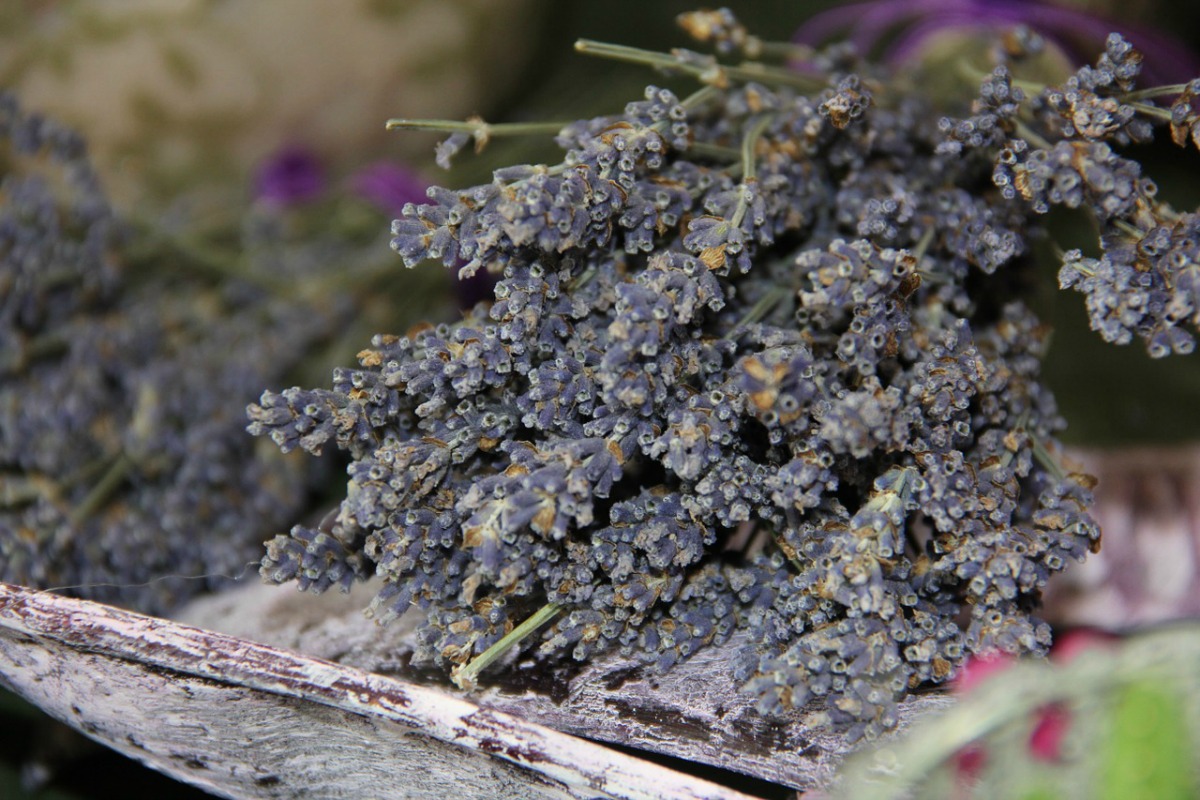
What is a Hydrosol or Hydrolat?
Hydrolats are produced by the process of steam distillation whereby hydrophilic constituents and minute amounts of essential oil are dissolved or emulsified in the distillation water. This means that there are hydrolats, such as frankincense (Boswellia spp.) and cypress (Cupressus sempervirens), that are not floral at all. There are even hydrolats from plants we think of only in terms of herbalism, such as plantain (Plantago major), which also do not produce essential oils.
There are many floral hydrolats, such as rose (Rosa centifolia), lavender (Lavandula angustifolia), and neroli (Citrus aurantium). Some of these, such as rose, smell like the flowers from which they are distilled. Others, like lavender, smell very different, and, in some people’s opinions, do not smell very nice at all.
They have therapeutic properties with a broad range of applications. They are safer than essential oils and can be used with populations where essential oils might be too strong, such as young children, the elderly, pregnant women, and many of our pets.
Care of Floral Waters and Hydrolats
Being water-based, floral waters and hydrolats are prone to contamination by mold and bacteria. If you transfer the floral water or hydrolat into a new container, such as when you make a perfume spray, it is best to sterilize the container first. The nice thing is, unlike with essential oils, floral waters and hyrolats can be kept in plastic bottles.
It is important, though, to keep your floral waters refrigerated and discard if their aroma changes or the water gets cloudy. True hydrolats have a short shelf life ranging from 6-18 months, even when refrigerated.
Using Floral Waters
Floral waters are used in everything from personal cosmetics to home fragrances to food. Since some floral waters are created synthetically, be sure your choice of “water” matches your desired application. If you seek a specific fragrance for a room spray, perfume, or shampoo, a synthetic floral water may be appropriate, if that is okay with you. If you want to take your floral water internally (excluding essential oil based floral waters) in any fashion, such as in cooking, or to take advantage of its therapeutic qualities, a pure, natural floral water would be the ingredient you seek. Be sure to check labels and shop carefully to avoid added preservatives or other synthetics.
Rose Water and Orange Blossom Water
Using floral waters is an excellent alternative for some of the most expensive essential oils on the market. Rose otto (Rosa damascena) and neroli (Citrus aurantium var. amara) are beautiful essential oils that can break the bank in terms of cost. Rose and neroli (also known as orange blossom) floral waters, smell equally heavenly for a small fraction of the cost of the essential oil. Because they are water-based and water-soluble, they are easily used in sprays and can be safely added to bathwater for all ages.
Rose water and orange blossom water are commonly used as ingredients in Indian, North African, and Middle Eastern cuisines. Imagine using them to flavor pastries, cakes, cookies, jellies, syrups, frostings, rice pudding, or other sweet dishes. Delicious! Be careful, as these fragrant liquids can be powerful ingredients and a little goes a long way.
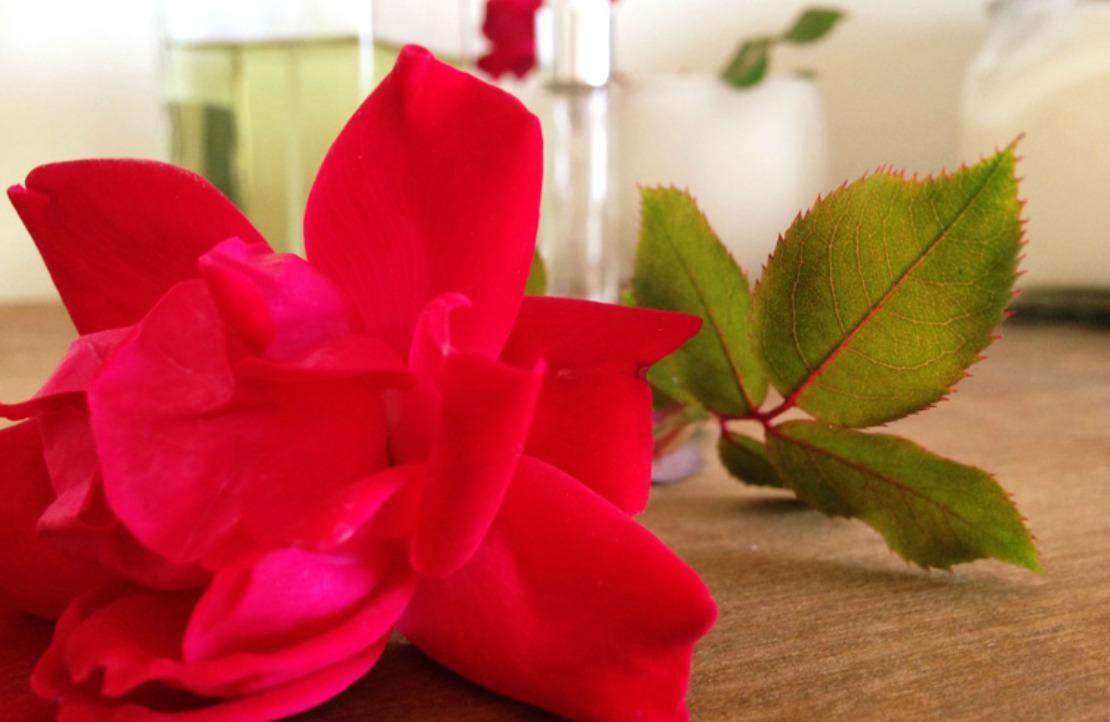
Making Rose Water
You can purchase rose hydrolat from a reputable retailer, but you can also make a simple rose water to include in cooking, cosmetics, or baths.
Rose Water
1 part dried or fresh rose petals
2-6 parts distilled water
- Place petals in a saucepan and cover with water.
- Cover the saucepan.
- Simmer gently until the petals have lost their color.
- Strain.
You will find a much more detailed description of how to make and use rose water in this article here.
Floral waters are incredibly versatile. If they are true steam distilled hydrolats, they have significant therapeutic value and are safe to use with children, pregnant women, the elderly, and even many of our pets. They can be used as is or diluted. Floral waters made by infusing petals in water will have somewhat different therapeutic values, but can be made as needed, especially in the cases of lavender and rose waters. Use floral waters for sprays, creams, facial toners, hair rinses, shampoos, or other cosmetics that have a water ingredient. You can also use them in a wide range of cooking and baking dishes. Although getting a pure, natural hydrolat will cost more than a synthetic version, floral waters are still reasonably inexpensive, making it fun to experiment with them and feel self-indulgent without maxing out your credit cards. What a great way to enjoy the fresh aroma of flowers year round!
Recommended Reading
Cooking: http://www.epicurious.com/ingredients/how-to-cook-with-rose-water-article and http://www.bonappetit.com/recipes/slideshow/flower-water-recipes
How To Make Flower Water: https://theherbalacademy.com/flower-water/
How to Make an Essential Oil Water: http://www.growingupherbal.com/copycat-hydrosol/
How to Use Hydrolats for Babies and Young Children: https://theherbalacademy.com/how-to-use-hydrolats-for-babies-and-young-children/
Rose: Herbs we Love for Summer: https://theherbalacademy.com/rose-herbs-we-love-for-summer/
